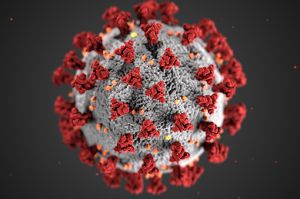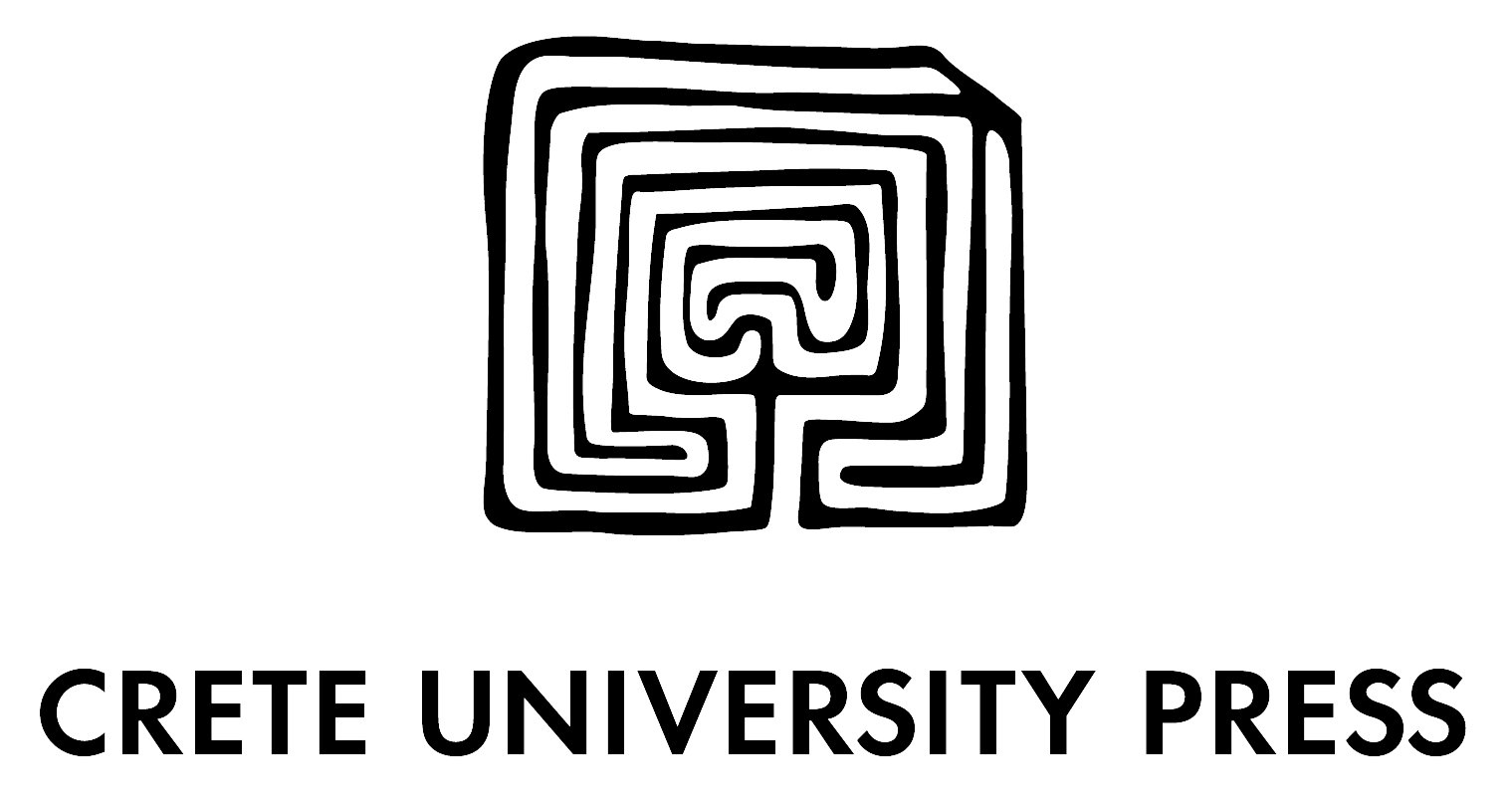The Foundation for Research and Technology – Hellas (FORTH) was founded in 1983.
It is the premier multidisciplinary research institution in Greece with well-organized facilities, highly qualified personnel and a reputation as a top-level research institution worldwide.
Institutes
Research Groups
Active Projects
People
Research Highlights
New Research by FORTH and the University of Crete
ALBUMIN: The most abundant human blood protein acts as a shield against deadly fungal infections
Scientists at the Institute of Molecular Biology and Biotechnology (IMBB-FORTH) and the University of Crete, together with collaborators from Greece, Europe, the USA, and India, have discovered a novel role of albumin, the most abundant protein in human blood, in protecting against a rare and often deadly fungal infection called mucormycosis. The study is published in Nature.
NASA's Hubble Space Telescope captures first-ever images of asteroid collisions around nearby star
Astronomers using NASA's Hubble Space Telescope have captured the first direct images of catastrophic asteroid collisions in another planetary system — a discovery that provides unique insight into how planets form and evolve. The new data comes from observations of the nearby star Fomalhaut, located 25 light-years from Earth. The study was recently published in the prestigious journal Science.
Latest News
Listening to the Universe: A Decade of Discoveries!
An event organized by the Institute of Astrophysics of FORTH
The event will take place on Wednesday, February 11, 2026, at 18:00, at the FORTH Science & Cultural Center and will be held on the occasion of the International Day of Women and Girls in Science celebrated annually on February 11th, as well as the 10th anniversary of the publication of the first direct detection of gravitational waves. The speech will be given by Dr. Maria Charisi, a research fellow at the Institute of Astrophysics of the Foundation for Research and Technology – Hellas (FORTH), who will present a decade of discoveries, from colliding black holes and neutron stars to gargantuan mergers of supermassive black holes in galaxy centers—shedding light on the most extreme and violent phenomena in the Universe.
Contact point: "Back to the Future: When Yesterday meets Tomorrow"
The activities of “Contact Point” at FORTH is an original series of public discussions, each featuring a FORTH scientist and a distinguished artist. “Contact Point” brings Science and Culture into Creative Dialogue, fostering open and meaningful communication of science through art. The third event of the series, entitled entitled “Back to the Future: When Yesterday meets Tomorrow”, will take place on Monday, January 26, 2026, at 18:00 at the Cultural Conference Center of Heraklion, in the Experimental Theatre Hall, co-organized with DEPANAL S.A.
Events
Listening to the Universe: A Decade of Discoveries!
An event organized by the Institute of Astrophysics of FORTH
“Crete and the Sea"- a two-day event co-organized by HCMR and FORTH
Outreach activities and exploration of potential collaborations
ΕIC Ιnfo Day: Work Programme 2026
Events Calendar

FORTH's responses to COVID-19 pandemic
The Foundation for Research and Technology-Hellas (FORTH) and its Institutes have been made available to the State and Public Health Authorities, in order to contribute to the common effort to address the pandemic of COVID-19, with their top-level infrastructure and expertise.
































